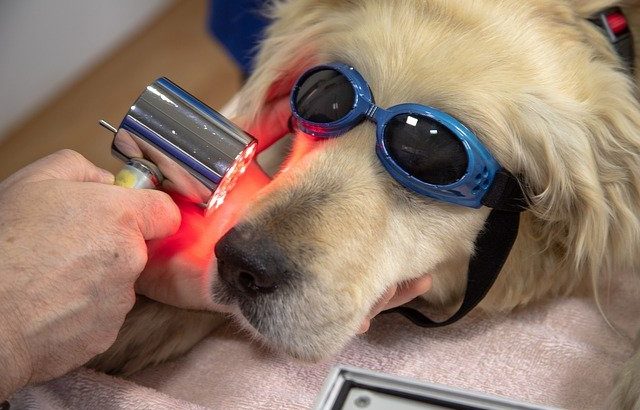The Dos and Don’ts of Choosing a Career in Veterinary Medicine
When choosing a career in veterinary medicine, there are several things you should know. The veterinary medicine industry encompasses a wide range of careers. Along with veterinarians, there are veterinary assistants, technicians, technologists and board-certified specialists who work in this industry. With so many different careers available, many people struggle to choose the right one. Below are a few dos and don’ts to follow when choosing a career in veterinary medicine.
Do Explore Your Passions
You should explore your passions when choosing a career in veterinary medicine. There’s an old saying that if you do something you love, you’ll never work a day in your life. If you are passionate about a particular veterinary career, you’ll enjoy working in it. It won’t become a source of stress. Rather, you’ll find a sense of satisfaction showing up to work and helping animals in need.
Don’t Focus Entirely on Pay
While compensation is important, it shouldn’t be the determining factor in your veterinary career choice. Instead, focus on the duties and responsibilities. Each veterinary career has a unique set of duties and responsibilities. These duties and responsibilities will ultimately dictate what you’ll need to do, making them far more important than pay alone. Besides, all veterinary careers involve high-paying jobs. According to the U.S. Bureau of Labor Statistics (BLS), the median salary for licensed veterinarians in 2019 was a little over $95,000. Some veterinary careers have an even higher median salary.
Do Consider Work Environment
Another tip for choosing the right career in veterinary medicine is to consider the work environment. Different veterinary careers have different work environments. Veterinary assistants, for instance, typically work exclusively in private practices. In comparison, licensed veterinarians may work at private practices, zoos and even laboratories. If you’re pursuing a career in veterinary medicine, you should consider the work environment.
Don’t Overlook Job Outlook
Don’t forget to check the job outlook when choosing a career in veterinary medicine. Job outlook refers to the growth rate of a given career. Like all industries, different careers in veterinary medicine grow at a different rate. Some of them grow fast, whereas others grow more slowly. The good news is that most veterinary careers have a relatively high job outlook when compared to careers in other industries. The BLS, for example, says the 2019 to 2029 job outlook for licensed veterinarians is 16%. In other words, there will be 16% more jobs for licensed veterinarians by 2029 than there were in 2019.

Do Check the Requirements
You’ll need to check the requirements when choosing a career in veterinary medicine. All veterinary careers have certain requirements. To work in a particular career, you’ll need to meet its respective requirements. Licensed veterinarians, for example, must complete a Doctorate of Veterinary Medicine (DVM) program. Before you can enroll in a DVM program, though, you’ll typically need to earn a bachelor’s degree.
Veterinary technologists and technicians conversely, don’t need to complete a DVM program. Instead, they are required to complete a veterinary technology program. Both veterinary technologists require less schooling than licensed veterinarians. With that said, the former career requires a little more schooling than the latter. To become a veterinary technologist, you’ll need to complete a four-year veterinary technology program. To become a veterinary technician, you’ll only need to complete a two-year veterinary technology program.
Don’t Forget Entry-Level Positions
There are certain entry-level positions that can help you get in the foot in the door. Most private practices hire receptionists to manage the front desk. They answer calls, book appointments on behalf of clients, process payments, verify upcoming appointments and more. Depending on the practice, you may need a high school diploma or equivalent to become a receptionist, but you typically won’t need any specialized education or training.
Another entry-level position is a veterinary assistant. Veterinary assistants provide assistance to licensed veterinarians by feeding, cleaning, exercising and walking animals. When clients bring an animal to a veterinary practice, the veterinary assistant will provide these basic services for the animal. There are certifications available for veterinary assistants, but they aren’t necessarily required. Most employers simply prefer veterinary assistants who’ve completed one of these programs.
Do Consider Job Openings
It’s a good idea to consider job openings during your career selection efforts. Before committing to a particular career, take a few minutes to research job openings for that career. You should typically choose a career for which there are job openings. If there aren’t any available jobs for it, you may struggle to secure a job — even after completing the career’s required education.
You can find job openings by searching classified ads. Don’t just perform a country-wide search. Instead, search classified ads for job openings in and around the geographic region where you intend to work. Using this information, you can determine whether a career is worth pursuing.

